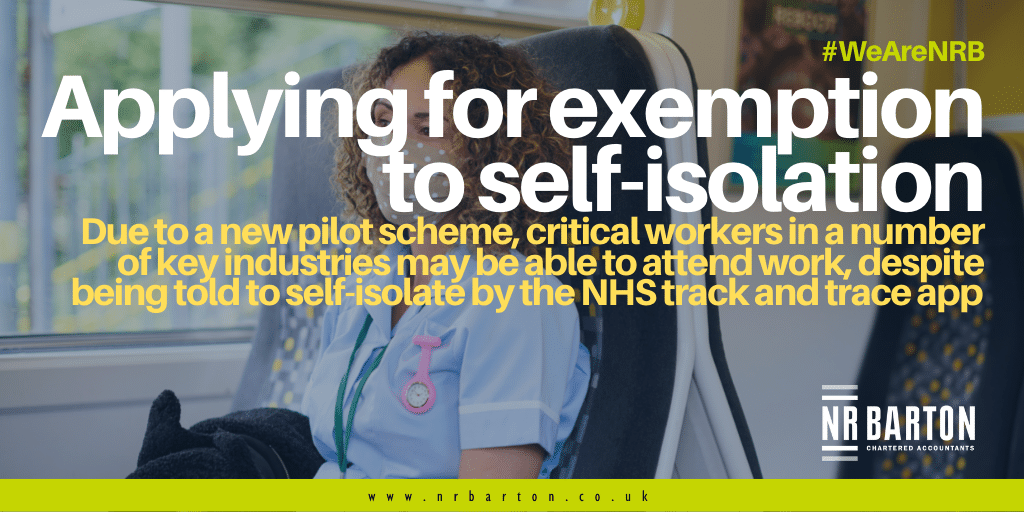Throughout the pandemic, the NHS track and trace app has been a fantastic tool to tell people, who have potentially been in contact with coronavirus, that they need to isolate. However, as cases begin to rise due to the easing of social distancing restrictions, more than 600,000 people in England and Wales were sent self-isolation alerts between 8 and 15 July. While the government urge that it is critical to isolate after being pinged, the number of people unable to show up to work due to isolation has caused disruption to many key businesses across the UK. The ‘Pingdemic’ has left many supermarkets unable to refill shelves and this sparsity has triggered many individuals to panic buy essential items, exacerbating the issue further.
Considering this, pressure has been mounting on the government to bring forward the date at which people who are double vaccinated against coronavirus can avoid self-isolation. Last Thursday, a pilot scheme was announced where certain workers in the food industry, utilities, border staff, and the NHS, will be able to leave self-isolation to undertake critical work.
Under the scheme, named workers in specifically approved workplaces can gain permission to work despite being pinged to self-isolate by the NHS app. However, this does not just apply to any staff within the named sectors; staff who are able to work from home whilst self-isolating, must do so but individuals who are needed on site will be able to leave self-isolation to go to work, if required.
However, please note that this is not an option if an employee has tested positive for coronavirus -only individuals who have been pinged by the track and trace app, but have not tested positive, are eligible.
What to do if this applies to your business:
Where employers believe the self-isolation of certain key employees as contacts would result in serious disruption to critical services, they should contact the relevant government department (please see the table below). They should provide information on:
- The number of people who it is proposed would leave self-isolation
- The roles those individuals need to perform
- The impact which failure to do this would have and when this impact is likely to materialise (for example, is it already an issue or is it likely to arise in the coming days?).
| Department | Main sectors covered | Contact details |
| BEIS | Energy
Civil nuclear |
beisquarantine.exemptions@beis.gov.uk |
| DCMS | Digital infrastructure | dcms.coronavirus@dcms.gov.uk |
| Defra | Food production and supply
Waste Water Veterinary medicines Essential chemicals |
emergencies@defra.gov.uk |
| DfT | Essential transport | cv19pmo@dft.gov.uk |
| DHSC | Medicines
Medical devices Clinical consumable supplies |
covid19.criticalworker@dhsc.gov.uk |
| Home Office | Emergency services
Border control |
covid19operationsandpolicy@homeoffice.gov.uk |
| MoD | Essential defence outputs | spo-covidteam@mod.gov.uk |
| MHCLG | Local government | lgresponse@communities.gov.uk |
If a specific case meets the criteria, the employer will receive a letter from the government outlining the named critical workers that are authorised to work while self-isolating. This letter will outline what measures both employer and worker(s) need to follow, meaning that if you do not receive this letter, the policy does not apply and employees should self-isolate as directed.
While this does not completely solve the issue of the ‘Pingdemic’, it at least mitigates a lot of the risk associated with key employees not being able to work due to self-isolation. This scheme is also only intended to run until 16 August 2021, when fully vaccinated close contacts will be exempt from self-isolation.
If you have any questions about the content in this article please contact your usual Partner or Manager, or call us on 01942 242 245, and we will be happy to help.


